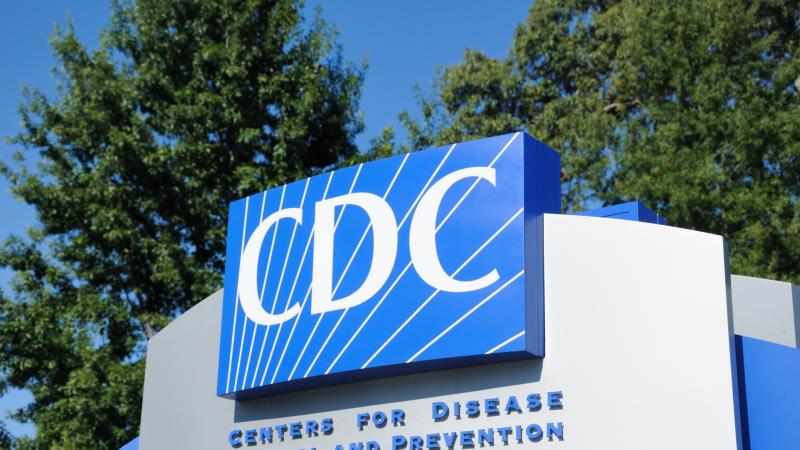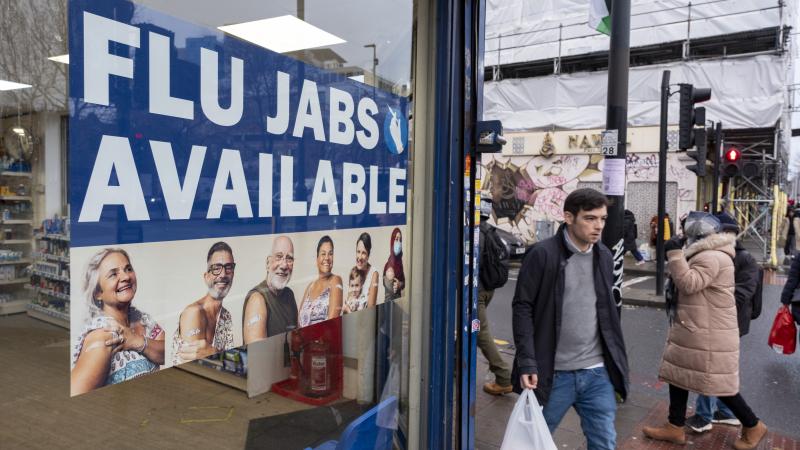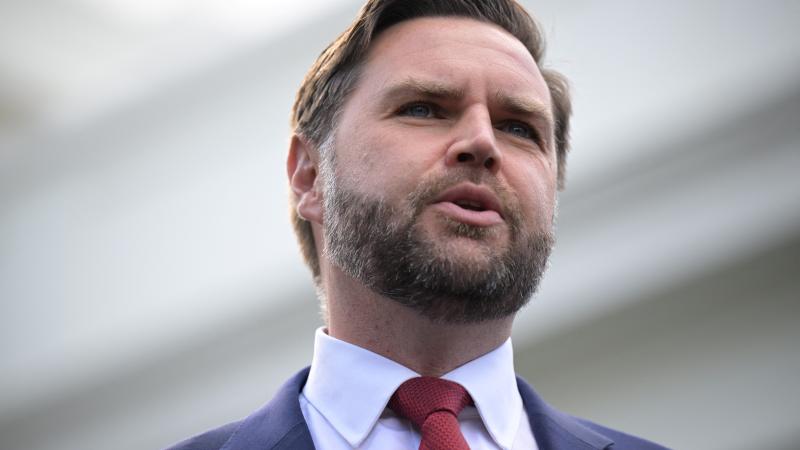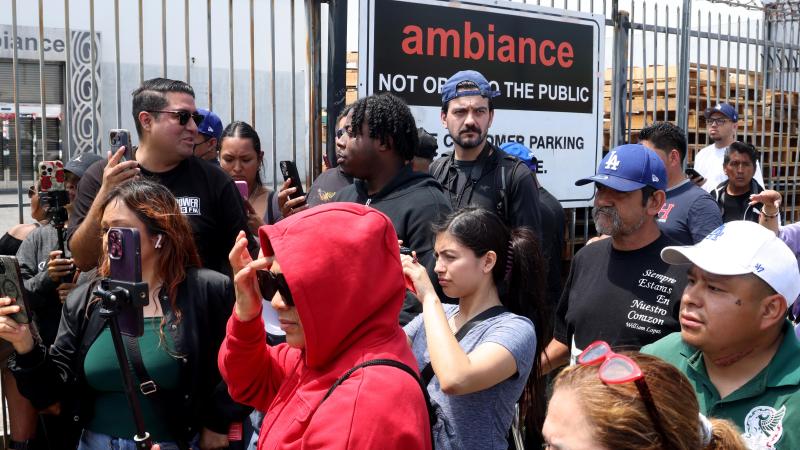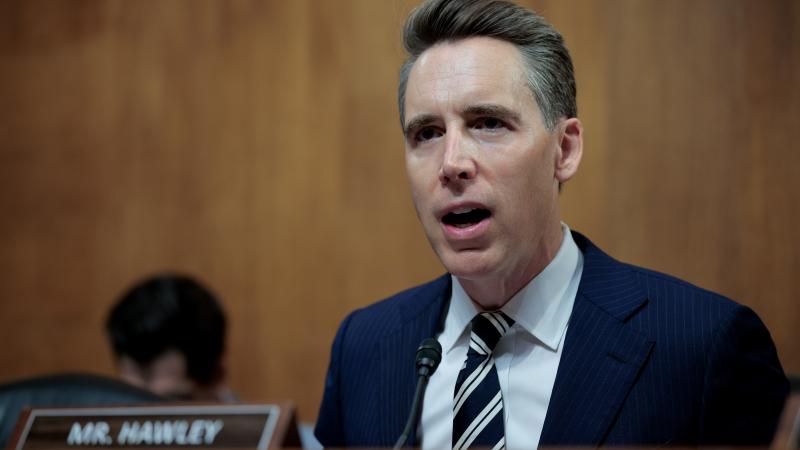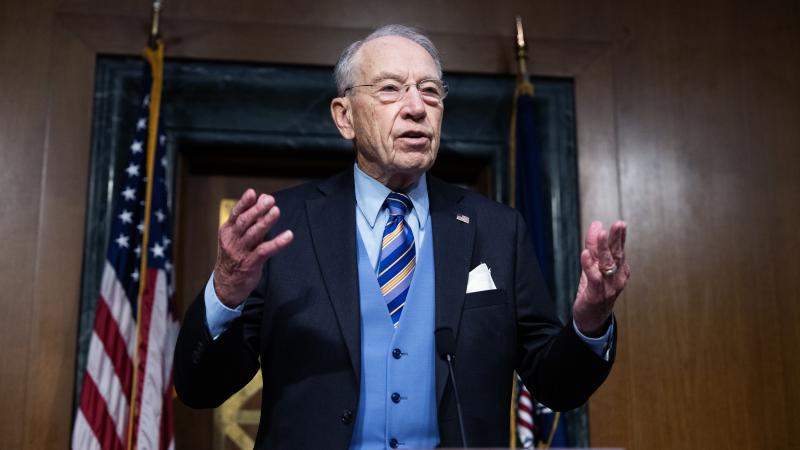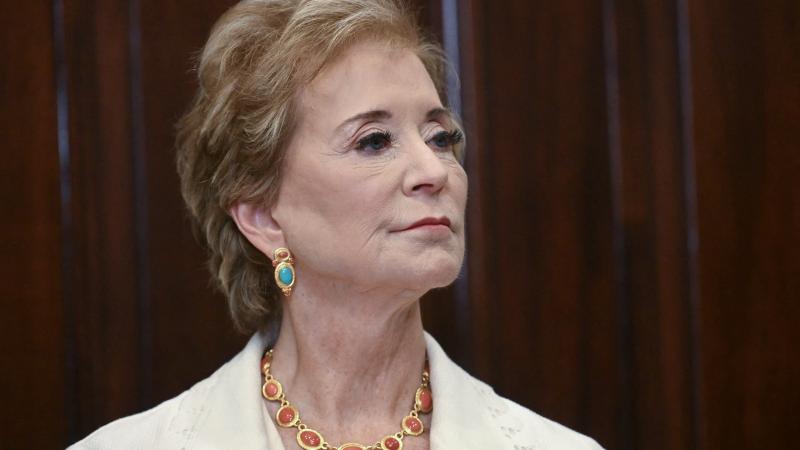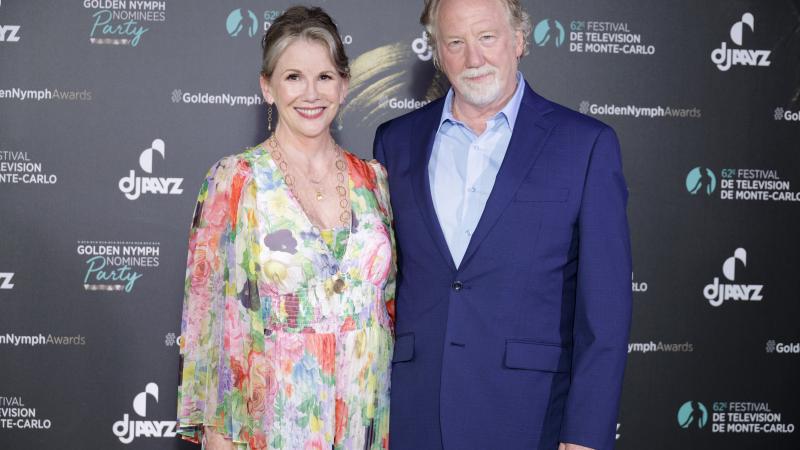British cardiologist, public health activist Malhotra eyes Big Pharma, vaccines – sound familiar?
Malhotra is on the frontlines in a battle against what he sees as a corrupted medical system.
Dr. Aseem Malhotra, a British cardiologist and public health activist, is on the front lines in a battle against what he sees as a corrupted medical system.
With nearly 24 years as a medical doctor, Malhotra’s career was shaped by personal tragedy – losing his brother to viral myocarditis at age 11 – and a growing disillusionment with modern medicine’s failure to curb chronic disease.
His concerns might sound familiar – considering how similar they are to those of Robert F. Kennedy Jr., the recently appointed Health and Human Services Department secretary, who sets the United States' healthcare policy and agenda.
One of Kennedy's biggest concerns about the country's medical system is the power and influence wielded by pharmaceutical companies, particularly their ability to "advertise directly to consumers."
"We’re one of only two countries in the world that allows pharmaceutical companies to advertise directly to consumers – everybody agrees it’s a bad idea,” Kennedy said last year, referring to the U.S. and New Zealand.
In announcing Kennedy as his pick in January to lead HHS, President Donald Trump posted on X, “Americans have been crushed by the industrial food complex and drug companies.”
But what makes Malhotra and Kennedy slightly different is that Malhotra is a physician-turned-advocate, challenging the influence of Big Pharma and – like Kennedy – bad food, while pushing for a radical rethinking of healthcare.
Kennedy, now a top federal official, is an attorney who previously led a nonprofit, the Children's Health Defense, known for anti-vaccine advocacy.
Malhotra says he became a medical doctor in 2001, driven by a childhood ambition to become a cardiologist. He specialized in interventional cardiology, performing keyhole heart surgeries to treat acute heart attacks in the UK’s National Health Service (NHS).
“I was eating, breathing, and sleeping those procedures,” he said in an interview for the Full Measure After Hours podcast.
But over time, Malhotra says, he noticed a troubling trend: Despite advances in medical technology, patients were getting sicker, and chronic diseases like obesity and heart disease were spiraling out of control.
This was more than a decade ago and before such recognition had become so widespread. At the time, his outspoken advocacy on related health topics branded him as being controversial, much like Kennedy.
In 2004, the World Health Organization flagged obesity as a global crisis, yet Malhotra saw no progress. Heart disease, once predicted to be eradicated by Nobel Prize-winning discoveries about LDL cholesterol in the late 1990s, remained a leading killer.
“We had not managed to fulfill the dreams of curbing heart disease,” he said. Combining his clinical experience with critical analysis, he began to suspect that the information guiding doctors – on cholesterol, statins, and more – was “massively corrupted by powerful vested interests,” namely the pharmaceutical and food industries.
Malhotra’s public activism largely kicked off in 2011 with a front-page piece in The Observer, part of the Guardian Group, titled “I Mend Hearts, Then I See Our Hospitals Serve Junk Food to My Patients.”
The article stemmed from a jarring anecdote: After performing emergency heart stenting on a patient, he found the man served a burger and fries the next morning.
“He looked at me and said, ‘Doc, how do you expect me to change my lifestyle if you’re serving me the same crap that likely brought me here?’” Malhotra recounted to me. The moment crystallized a systemic failure – hospitals, meant to heal, were feeding patients the very foods driving their illnesses.
Malhotra’s critique wasn’t just about hospital food; it was a broader indictment of medicine’s ignorance of nutrition’s role in health.
“There’s a very poor understanding of the impact of nutrition on chronic disease,” he said, noting that medical schools barely cover it – a gap exploited by industries profiting from sickness.
A Controversialized Voice
By the time COVID-19 hit, Malhotra was a known figure, having co-founded Action on Sugar, which pushed for the UK’s soda tax. His pre-Covid work earned him both praise and backlash.
He recalled critics acting as though it was "crazy" that he said sugar is bad for you back in 2011. Yet his persistence paid off as the dangers of processed foods gained wider recognition.
During the pandemic, his outspokenness intensified. In 2020, when a London teaching hospital boasted on Twitter (now X) about receiving 1,000 free Krispy Kreme donuts for staff, Malhotra called it a poor example amid a crisis worsened by obesity-related conditions.
The backlash was swift – mainstream doctors, including diabetologists, mocked him by posting donut-eating photos, a reaction he compared to Big Tobacco’s historical capture of physicians promoting cigarettes.
“It’s reminiscent of how doctors were shown smoking Camels in their clinics,” he said.
Malhotra’s critique goes beyond food to the interplay between physical and mental health, a link he says he only fully grasped in the last five to seven years despite decades in medicine.
“You can’t optimize your physical health without optimizing your mental health, and vice versa,” he told me. He pointed to chronic societal stress as a key driver of poor health, especially in lower socioeconomic groups, where life expectancy lags by 10 years and healthy life expectancy by 20 compared to wealthier peers.
He also slammed the “pharmacized” medical model, arguing it’s rooted in a colonial mindset of exploitation for profit.
“The excesses of modern medicine are about pushing pills with marginal benefits and corrupted data,” he said, contrasting this with suppressed alternatives like diet, exercise, and even therapies like red light or grounding, which he sees as low-risk options worth exploring.
A Call for Reform
Malhotra sees ultra-processed food as the “low-hanging fruit” for reversing chronic disease trends, citing rapid improvements in conditions like type 2 diabetes and hypertension when patients cut out refined carbs and sugar. But he says corporate powers – Big Pharma and Big Food – block progress.
“They’ve manipulated laws to put toxins in our food,” he said, advocating for legal reforms to redefine corporations’ duties beyond profit.
Kennedy has also raised concerns about the potential link between ultra-processed foods and chronic health problems and diseases such as obesity, cancer and diabetes.
Malhotra’s documentary, First Do No Pharm – a play on “First Do No Harm” – encapsulates his mission. Independently made on a shoestring budget, it features experts like Kennedy Jr. and now-head of the National Institutes of Health Jay Bhattacharya, exposing how medical knowledge, in Malhotra's words, is “under commercial control” and how research misconduct has killed millions.
“It empowers patients, doctors, and policymakers,” he says. Rated 9.4/10 on IMDb – the highest for any health documentary –it’s caught Hollywood’s eye, with plans for a bigger-budget remake targeting film festivals and wide distribution. (It’s available now at nofarmfilm.com for $10.)
Malhotra’s influence has reached Trump administration circles, with talks in February about a role to “Make America Healthy Again,” but as a non-U.S. citizen he faces challenges.
“I didn’t think that would be an issue in a country built by the best and brightest from around the world,” he said, though he remains eager to advise, leveraging ties with Kennedy and Bhattacharya.
